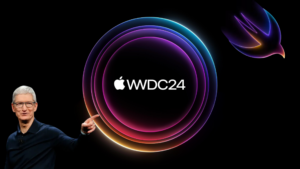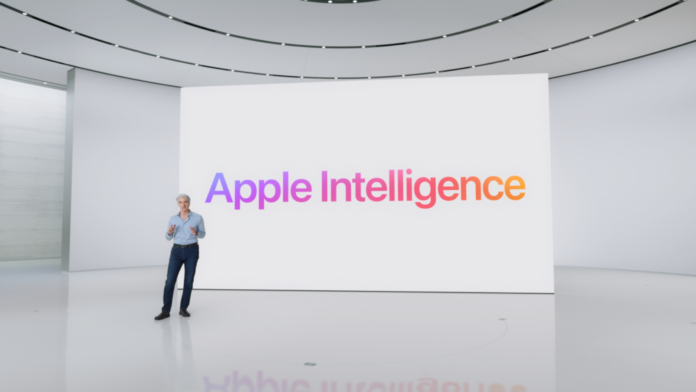When Apple introduced its Apple Intelligence feature at the WWDC event in June, many analysts were optimistic that it would push the iPhone 16 into a new “supercycle.” Much like the addition of 5G a few years ago, Apple Intelligence was seen as the feature that could persuade hesitant consumers to finally upgrade their devices. However, recent reports suggest that delays in the rollout of these AI-driven features may hinder that expected surge in sales.
Apple’s highly anticipated “It’s Glowtime” event, where the iPhone 16 will officially be revealed, is just around the corner. This event is expected to give us a better understanding of what the new iPhone will bring to the table. But for now, it seems that the gradual rollout of Apple Intelligence might limit the potential for the supercycle that many had hoped for.
Back in June, Apple presented its vision of AI as part of a broader strategy to enhance user experience, aligning with its mission to deliver intuitive and secure technology. Unlike competitors that rely on large-scale models for AI, Apple’s approach is built on smaller, more focused models designed to improve day-to-day interactions. This includes AI-driven enhancements for tasks like Siri, photo editing, and device personalization, offering users a seamless experience without overwhelming complexity.
However, despite the buzz generated at WWDC, the full potential of Apple Intelligence might not be realized for some time. Current information suggests that many of the features won’t be ready until at least 2025, significantly delaying the widespread availability of the AI tools that were initially expected to drive massive upgrades. Additionally, certain regions, such as the EU and China, face regulatory challenges that could further complicate the rollout of these features, potentially limiting the iPhone 16’s appeal in key markets.

The broader question surrounding Apple’s AI efforts is how the company will position itself against competitors who have already made significant strides in generative AI. While the WWDC presentation included impressive demonstrations, Apple still has some ground to cover before it can truly compete with AI offerings from companies like Google and OpenAI. This competitive landscape could slow Apple’s momentum in establishing itself as a leader in AI-driven mobile experiences.
Currently, only the iPhone 15 Pro and Pro Max models are approved to run Apple Intelligence. However, it is widely expected that tomorrow’s event will expand these capabilities across the iPhone 16 lineup. Rumors suggest that the base models of the iPhone 16 will feature the A18 chip, while the Pro versions will come with the A18 Pro chip, offering more processing power and the ability to handle advanced AI features. Despite these upgrades, it is likely that some of the most cutting-edge AI capabilities will remain exclusive to the Pro models, which could influence consumer decisions and sales patterns.
While Apple Intelligence has the potential to be a game-changer for the iPhone, rushing it to market could create more problems than it solves. Releasing incomplete features could lead to user frustration and damage the brand’s reputation for delivering polished, high-quality products. A staggered rollout, while slower, may be the smarter move in the long run, ensuring that the technology is fully functional and ready to enhance the user experience.
The iPhone 16 is expected to introduce a variety of improvements beyond just AI. The new A18 chips, design tweaks, and better battery life are all likely to appeal to consumers looking for a more powerful device. For those who prioritize performance, these upgrades might be enough to justify an upgrade, even if the full potential of Apple Intelligence won’t be realized until later.
Looking at the bigger picture, Apple seems to be playing the long game with its AI strategy. While the anticipated supercycle may not happen right away due to delays, Apple is laying the groundwork for future success. As AI technology continues to evolve and integrate more deeply into daily life, Apple Intelligence could eventually become one of the iPhone’s defining features. For now, though, Apple’s careful, measured approach shows that the company is more focused on maintaining its reputation for quality rather than rushing to capitalize on the latest trend.
The delayed rollout of Apple Intelligence will likely temper expectations for an immediate supercycle for the iPhone 16. However, Apple’s cautious approach could pay off in the long term, ensuring that its AI-driven features are fully developed and capable of delivering the seamless experience users have come to expect from the brand. The iPhone 16 still holds plenty of promise with its hardware improvements, but the true AI revolution that Apple envisions may take a bit longer to materialize.












